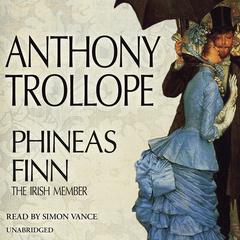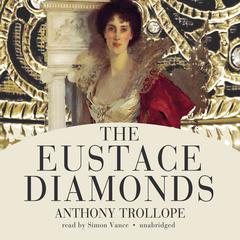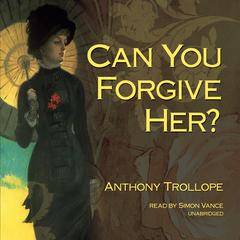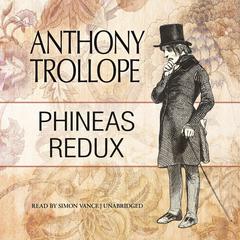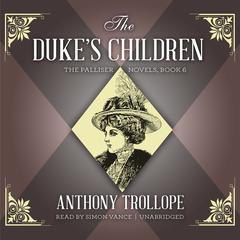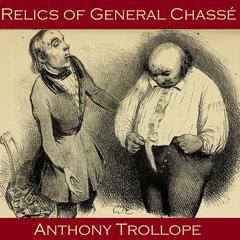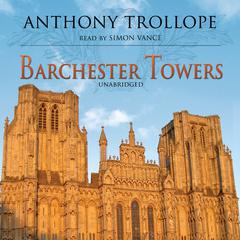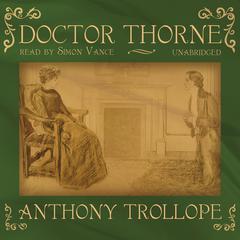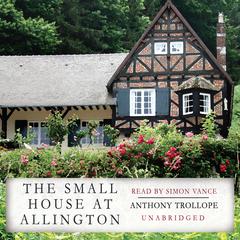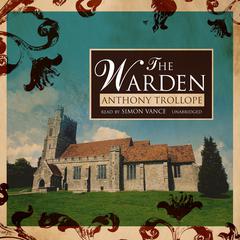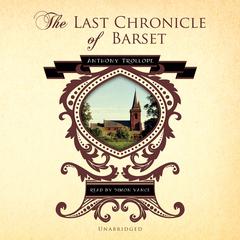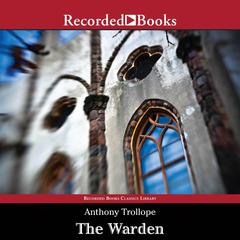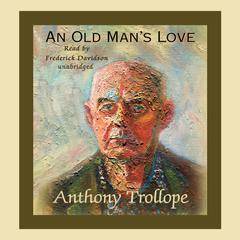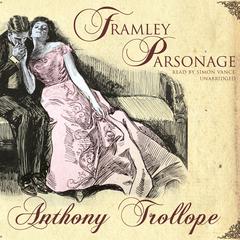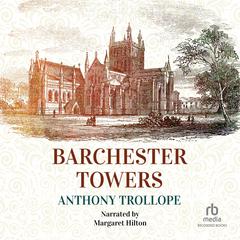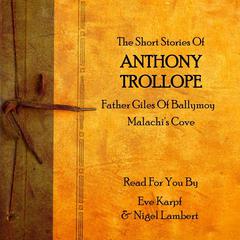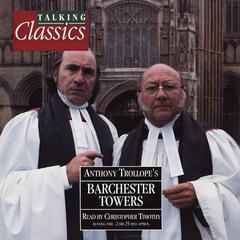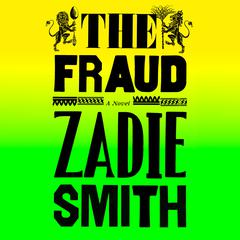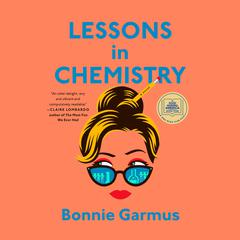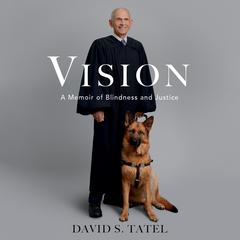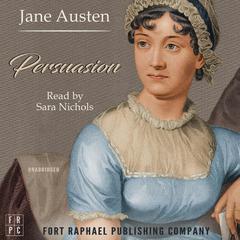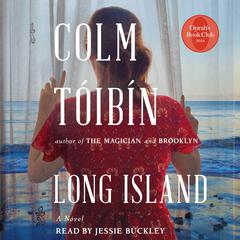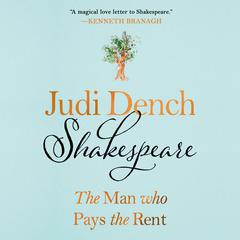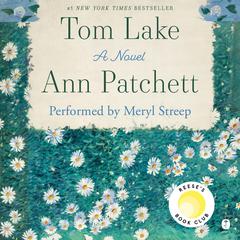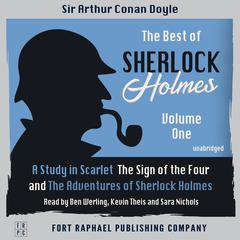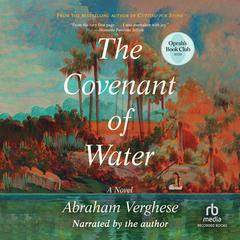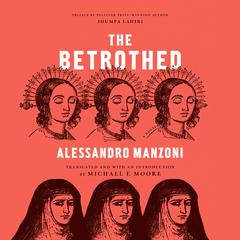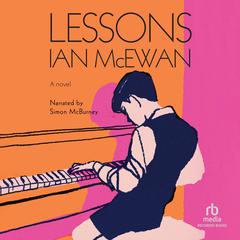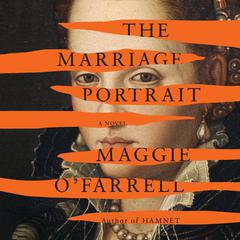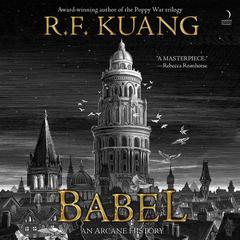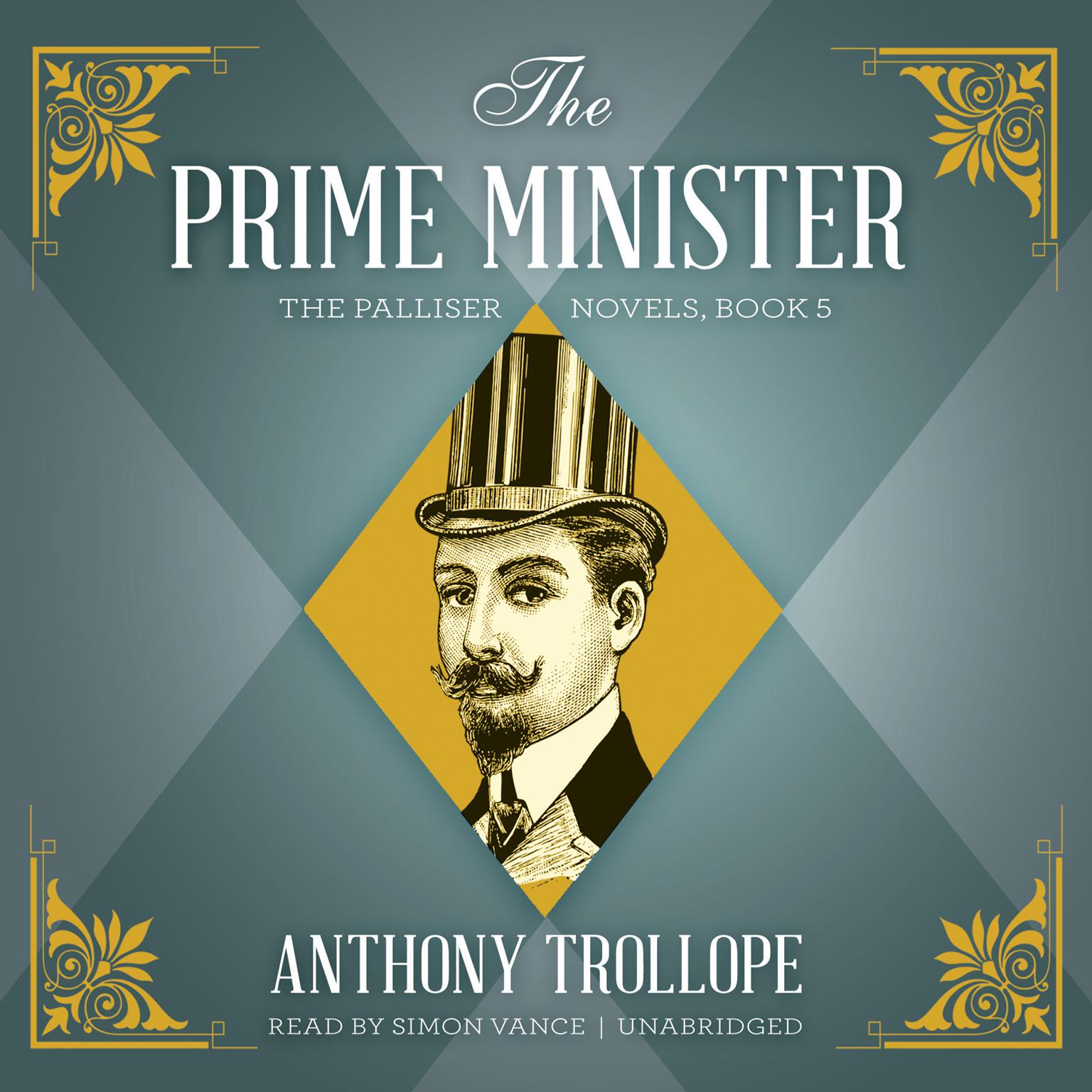 Play Audiobook Sample
Play Audiobook Sample
The Prime Minister Audiobook
 Play Audiobook Sample
Play Audiobook Sample
Quick Stats About this Audiobook
Total Audiobook Chapters:
Longest Chapter Length:
Shortest Chapter Length:
Average Chapter Length:
Audiobooks by this Author:
Publisher Description
Unscrupulous financial speculator Ferdinand Lopez, aspiring to marry into respectability and wealth, has society at his feet: well-connected ladies vying with each other to exert influence on his behalf. Even Lady Glencora, the wife of Plantagenet Palliser, prime minister of England, supports the exotic imposter.
Palliser, respectable man of power and inherited wealth, is appalled by the rise of this man who seemingly appeared out of nowhere. When Lopez achieves his socially advantageous marriage, Palliser must decide whether to stand by his wife’s support for Lopez in a by-election or leave him to face exposure as a fortune-hunting adventurer.
This fifth installment in Trollope’s six-volume Palliser series is a brilliantly subtle portrait of love, marriage, and politics.
Download and start listening now!
"This novel, the fifth in Trollope's 'Palliser' series, is one that holds the traditonal form of the greatest of 19th century English literature novels. It deals ostensibly with two large themes; that of the close-knit aristocratic society that governed Britain at said time and the idea of familial interference in marriage. Obviously, one of the defining points of English literature as opposed to Continental literature is that it deals more with sociological issues than philosophical ones. It is in this vein that the book covers these two points as they are of considerable sociological importance. For the former point, because Whiggery and Liberalism in the UK (Palliser, the eponymous Prime Minster is a member of the Liberal Party) is seen as the ideology of emancipation for all men, the removal of royal patronage and influence and in turn for the economic and self-determined libertarian advancement of the populace. What is marvellous about this book is that it shows that what Whig government meant in reality was just the replacement of a hereditary aristocracy with a social aristocracy, with patronage, small elites and the centralisation of wealth and influence within said 'court', ergo no real change. It does this through showing us the difference in attitudes between Palliser and his wife, Lady Glencora. Upon his accession to the premiership, Palliser immediately turns to engaging himself in the administrative side of his government, thusly becoming an even more introspective and secluded individual than in the previous four novels in the series; with his overwhelming sense of duty, responsiblility and innate statesmanship taking precedence. However, his administration (as were many up until the late 19th century) was a coalition government and his wife duly places emphasis on the importance of social functions and PR to the stability of his cabinet, therefore emphasising the importance of the social class and the circles in which the ruling elite move. Hardly moving away from the Tory traditions at all. The latter point is of great importance because of the concept of Western liberal society as a whole. It is duly noted and plainly obvious that said culture promotes the idea of liberty; that the individual should have the right to religious freedoms, freedom of movement, in est to live the way the individual chooses within the bounds of the law. What this book shows is that, like the first point, is that freedom is heavily restricted by the socio-economic class one is born into and this is exemplified through Ferdinand Lopez's quest to marry Emily Wharton, the heiress to her QC father's considerable estate and the troubles he faces trying to convince her father to let his daughter marry someone outside of the financial elite. Thusly drawing a parallel between the fallacy of the 'free' society in western culture and the 'oppressive' eastern cultures that arrange marriges, inhibiting the freedoms of a liberal society"
— Alistair (5 out of 5 stars)
Quotes
-
“Considered by modern critics to represent the apex of the Palliser novels…The novel brilliantly dissects the politics of both marriage and government.”
— Merriam-Webster’s Encyclopedia of Literature -
“In The Prime Minister Trollope was working at the top of his powers. It is a book for when one wishes to be challenged, rather than merely charmed, by a novel.”
— Nicholas Shrimpton, emeritus fellow of Lady Margaret Hall, Oxford University -
“The Prime Minister is the key work in the Palliser series…The political storyline tells us that although the practicalities of political life demand frequent moral compromise and social discomfort, a man of the highest rank can be found who for a brief interlude will bring to the office of Prime Minister an idealism which is rare amid the hurly-burly of government.”
— David Skilton, emeritus professor, Cardiff School of English, Communication and Philosophy -
“Excellent!”
— Tolstoy
Awards
-
A 2013 Audie Award Finalist for Classics
The Prime Minister Listener Reviews
-
" Trollope is always such a comfort to read. He is so balanced and perceptive in his assessment of human motives. "
— Darcy, 2/14/2014 -
" I was disappointed in this book after having read and loved both Phineas Finn and Phineas Redux. This is part of the Palliser series, but this one gives you almost no relief from the darkness and sadness. Maybe it's because the news is so full of sadness, but I had a very hard time getting through this book because there were almost NO passages which gave relief from the tragedy of lives destroyed. I would recommend that readers stick with the Phineas books of the series! "
— Consuela, 1/22/2014 -
" Might be my new favorite in the Pallisers series. "
— Steve, 1/6/2014 -
" Continuing the excellence of the first five books...only one more to go in the series. "
— Wendy, 1/3/2014 -
" Wonderful writer. Not my favourite of his books but still excellent. "
— Sophie, 1/1/2014 -
" I take back every bad thing I've ever said about Anthony Trollope, even though he proves himself in this book to be racist as well as male chauvinist. The Prime Minister is delightfully full of Trollope's usual incisive insight into human nature. Here we find even the almost otherworldly Plantagenet Palliser ever so slightly corrupted by power. I was reading this book during election season, and reliving the vagaries of 19th century British politics was a great escape, as well as a fascinating parallel. It's hard to believe that Trollope didn't secretly in his heart of hearts at least foresee (even if he didn't entirely approve) the future success of the women's rights movement. I think it must have been as obvious to him as to everyone else that Lady Glencora would have made a first-rate Prime Minister. "
— Sarah, 12/12/2013 -
" I found this a very enjoyable book and reminded me very much of Dickens. If you enjoy that genre, this is well worth pursuing. "
— David, 12/7/2013 -
" Excellent. Probably one of the best in the series. One more to go... "
— Stephen, 11/26/2013 -
" Very interesting parallels between the disastrous marriage of two characters, and the short time in office of the Duke of Omnium. "
— S.E., 11/21/2013 -
" At last, Planty Pal! "
— Dana, 9/23/2013 -
" Everything I have come to love about Trollope - witty, funny, engaging and imperfect characters, and plot, plot, plot. More review to come ... "
— Inder, 9/15/2013 -
" Plantagenet Palliser at last becomes Prime Minister but all is not as golden for him as one would wish, partly because of Glencora's meddling. Gives an excellent picture of Victorian England in its highest strata. "
— Nikki, 7/3/2013 -
" Another solid offering from Trollope, alternating the life and loves of Emily Wharton with chapters about the new prime minister and his family. "
— Cooper, 7/4/2012 -
" This part of the Palliser novels was an interesting addition. Once again, Trollope pulls away from his central characters to explore another family. Not to give anything away, it is a good read. "
— Julianna, 6/21/2012 -
" the last of the Pallaster Novels. Once you have gotten this far there is not turning back. "
— Teresa, 5/26/2012 -
" I always enjoy Trollope books. "
— Heather, 2/17/2012 -
" I have put this book down, for the time being. It is too good to read along with other books. When I finish the other two, I will pick it up again. Trollope is a treasure. "
— James, 1/2/2012 -
" Reread in July 2011. I love this series...and this is the novel in which the series begins to say what it means to say about politics and about Trollopian society. "
— Academama, 7/20/2011 -
" Trollope is always such a comfort to read. He is so balanced and perceptive in his assessment of human motives. "
— Darcy, 5/6/2010 -
" the last of the Pallaster Novels. Once you have gotten this far there is not turning back. "
— Teresa, 3/28/2010 -
" Everything I have come to love about Trollope - witty, funny, engaging and imperfect characters, and plot, plot, plot. More review to come ...<br/><br/> "
— Inder, 1/4/2010 -
" Plantagenet Palliser at last becomes Prime Minister but all is not as golden for him as one would wish, partly because of Glencora's meddling. Gives an excellent picture of Victorian England in its highest strata. "
— Nikki, 1/10/2008 -
" I found this a very enjoyable book and reminded me very much of Dickens. If you enjoy that genre, this is well worth pursuing. "
— David, 11/27/2007
About Anthony Trollope
Anthony Trollope (1815–1882) grew up in London. He inherited his mother’s ambition to write and was famously disciplined in the development of his craft. His first novel was published in 1847 while he was working in Ireland as a surveyor for the General Post Office. He wrote a series of books set in the English countryside as well as those set in the political life, works that show great psychological penetration. One of his greatest strengths was his ability to re-create in his fiction his own vision of the social structures of Victorian England. The author of forty-seven novels, he was one of the most prolific and respected English novelists of the Victorian era.
About Simon Vance
Simon Vance (a.k.a. Robert Whitfield) is an award-winning actor and narrator. He has earned more than fifty Earphones Awards and won the prestigious Audie Award for best narration thirteen times. He was named Booklist’s very first Voice of Choice in 2008 and has been named an AudioFile Golden Voice as well as an AudioFile Best Voice of 2009. He has narrated more than eight hundred audiobooks over almost thirty years, beginning when he was a radio newsreader for the BBC in London. He is also an actor who has appeared on both stage and television.




